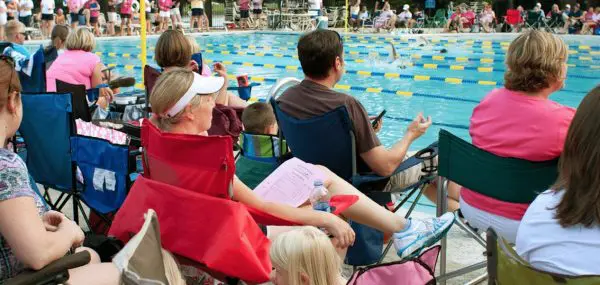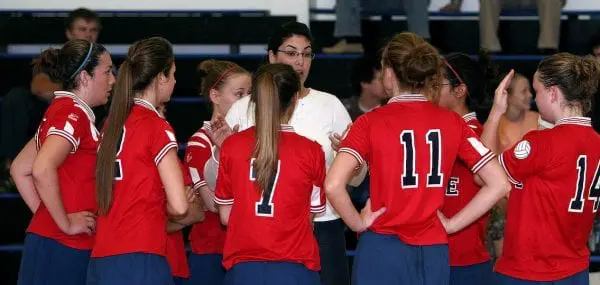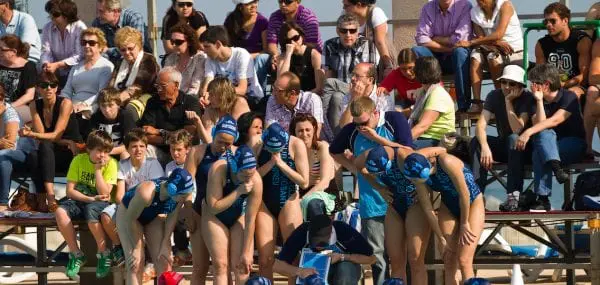What parent doesn’t love to see their teenager do well in sports? But for some parents, enthusiasm can go too far.
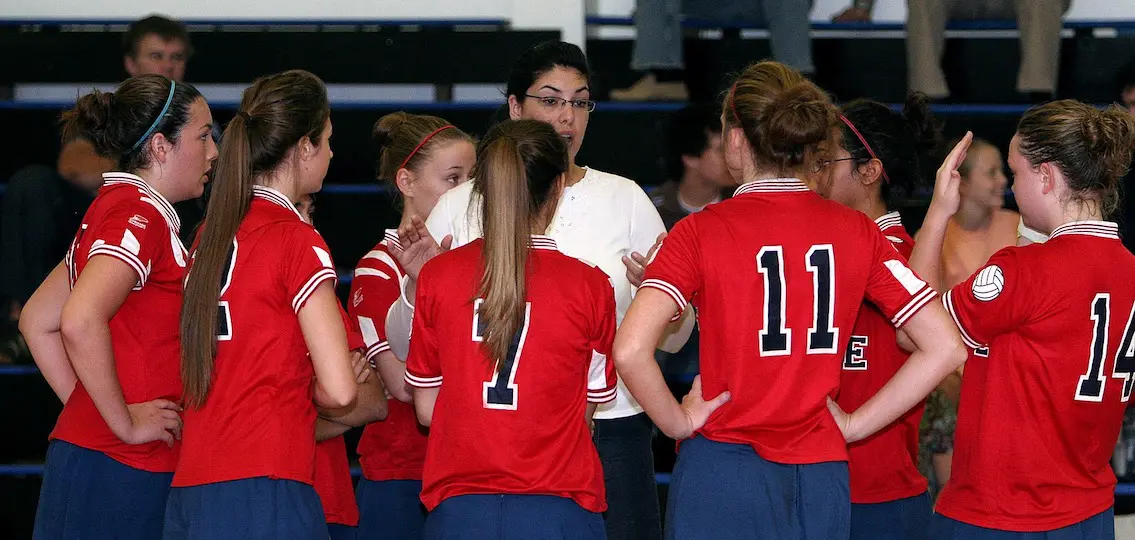
Sadly, while these parents may think they are being helpful, they may in fact be hindering their teenager’s love of the game, not to mention their ability to excel on the playing field.
“It can be detrimental to the athlete,” agrees Ron Grant, a former athletic director with University School in Shaker Heights, Ohio and a 2016 inductee in the Ohio Interscholastic Athletic Administrators Association Hall of Fame. “Kids already feel so much pressure.” He adds. “They can be withdrawn or even quit because of it.”
Your Teen caught up with Grant and another longtime coach, Donald Gries—former head lacrosse coach for Solon High School—to get tips for how to be a spectator and a parent.
10 Ways to Support Your Teen Athlete:
1. Do not dispute the officials of the game.
“Even if you disagree, we have to teach the kids to play according to how the game is being officiated,” Gries explains.
2. Do not get into encounters with fans or parents from the other team (or your own).
“Kids will mirror this behavior,” notes Gries. Good sportsmanship counts and the lack of it can be an embarrassment to the players.
3. Do not give instructions from the sidelines.
Let the coach do his or her job and allow your player to focus on the game, not you.
“Parents today feel like they know more than the coaches,” Gries says. But coaching requires a tremendous time commitment, much of which parents don’t see. Coaches spend countless hours in practices, meetings, even assessing talent from opposing teams. What’s more, players are listening for instruction from their coaches, so parents just confuse matters. “The coach may have given the athlete different information. They don’t want to disappoint the parent; they don’t want to disappoint the coach,” explains Grant.
4. Don’t ask for more playing time for your teenager.
“Never judge your kid’s playing time by watching games,” advises Gries. “What happens in practice counts. Just because they made one great play in a game does not justify more game time.”
5. Give suggestions that your teenager can control.
Be a good sport. Have fun. Go have a good time. Don’t say: Go win. That’s out of their control.
6. Attend as many events as you can.
Your teen will appreciate your presence, but be sure you go to support your athlete.
7. Take an interest in the entire team, not just your player.
We’ve all heard that there is no “I” in team, and as parents, it’s good to acknowledge that by rooting for the whole group.
8. Educate yourself as much as possible about the sport.
The more you know the more you will understand what is happening on and off the field.
9. If you get upset, wait 24 hours before deciding on an action plan.
Never confront the coach right after a game or in front of your player.
10. Let your teen know you love them regardless of their performance.
“Your child needs your steadfast love at all times, win or lose.” explains Grant. “By doing this, you teach them that you appreciate their efforts.”
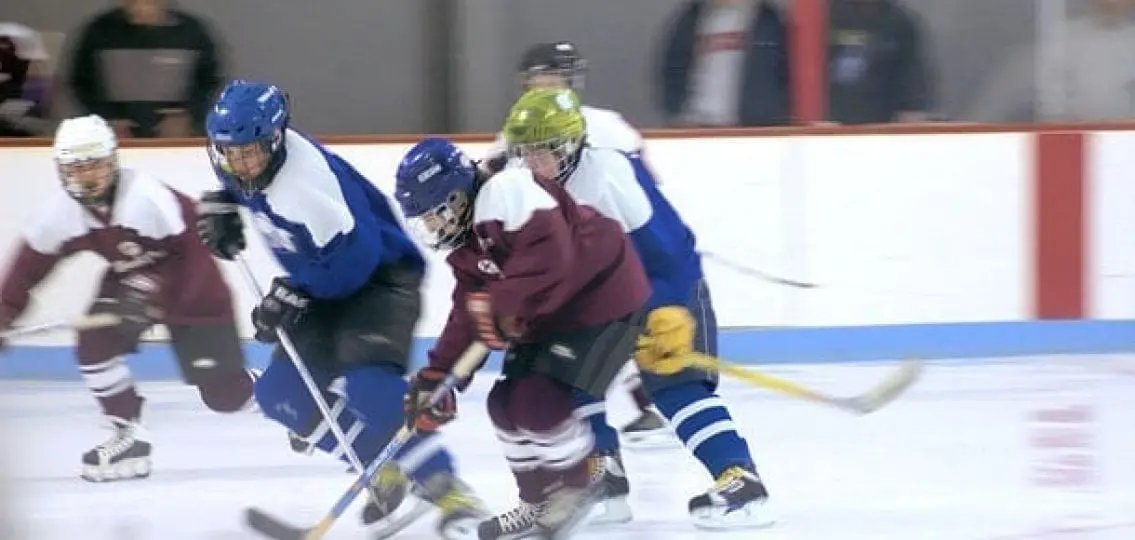
Above all, remember that good coaches seek to balance the demands of the sport with the well-being (on and off the field) of their players. “I care so much about all the kids that want to play for me,” says Gries. “It’s more than just a sport. It’s about having an impact on a kid, and that is what it’s really all about.”

